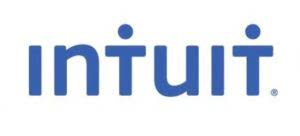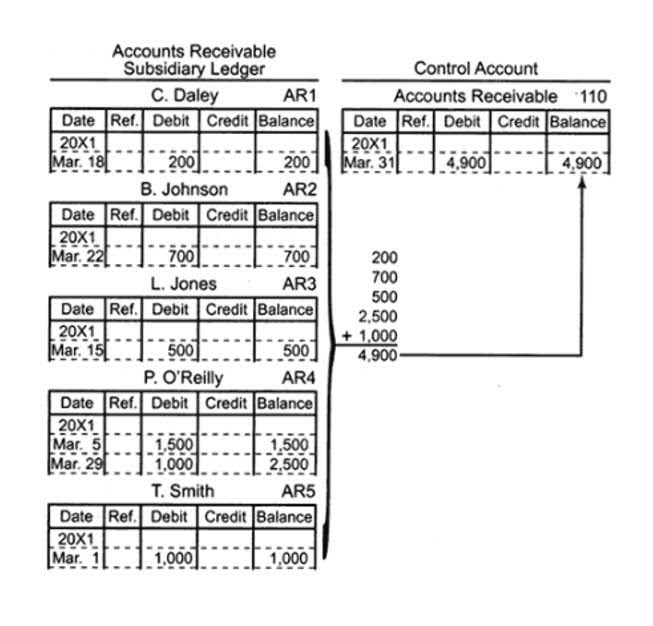
However, significant differences exist, like the work conducted in each career and the skills needed to be successful. The following analysis compares the education requirements, skills required, typical salaries, and job outlooks for accounting and bookkeepers. In the U.S., an enrolled agent (EA) is a tax preparer authorized by the IRS to represent taxpayers.

What is Payroll Accounting?
- Accounting and bookkeeping are 2 vastly different professions despite the similarities and blurring of roles.
- Here’s a quick summary of notable differences (and a few similarities) between bookkeeping and accounting.
- Additionally, Intuit Academy offers courses that teach the basics of bookkeeping, and successful test-takers may use their badge and certificates for education and career advancement.
- The payroll expense recorded by the company would be $4,300, while the net pay to the employee would be $3,000.
- This practice helps establish the company’s financial outcomes and allows owners to track where their money is going.
By embracing technology-driven solutions, businesses can free up valuable time and resources to focus on strategic initiatives that drive growth and innovation. Another factor to consider when choosing the right financial management approach is industry-specific regulations and compliance requirements. Certain industries, such as healthcare or finance, may have stringent regulatory requirements governing financial reporting, tax compliance, and data security.
What are the advantages of an accountant?

Each journal entry is recorded on a general ledger (GL) that keeps a record of financial transactions for financial reporting purposes. In conclusion, payroll management is a vital component of financial management, ensuring that employees are compensated accurately and timely while maintaining compliance with relevant regulations. By leveraging modern payroll systems and solutions, businesses can streamline payroll processing, minimize errors, and enhance employee satisfaction. However, navigating the complexities of payroll administration requires careful attention to detail and a proactive approach to compliance. So, whether you’re a small business owner or a seasoned HR professional, understanding the nuances of payroll management is essential for fostering a productive and compliant workforce.
Bookkeeping vs. Accounting: What’s the Difference—and Which One Does Your Business Need?
Popular solutions, such as Gusto and OnPay, have a base price of around $40 per month. To narrow down your prospective options, check out the best payroll software for small businesses. Now that you have an estimated amount, research the market and figure out the cost of acquiring payroll software instead. Keep in mind set up fees and subscription costs may vary depending on the size of your business and the number of employees you have.
- Recording these costs can give small business owners an accurate picture of their expenses.
- While bookkeepers make sure the small pieces fit properly into place, accountants use those small pieces to draw much more significant and broader conclusions.
- At Visory, we have a separate payroll team taking over these responsibilities.
- By providing a clear snapshot of the company’s assets, liabilities, and equity, financial statements enable informed decision-making, strategic planning, and performance evaluation.
- In conclusion, accounting, payroll, and bookkeeping are integral components of financial management, each serving a unique purpose in the overall financial ecosystem of a business.
- Single-entry bookkeeping tracks the basics of a company’s spending and earnings, while double-entry bookkeeping tracks additional transactions such as assets, liabilities, and overall company financial health.
How Can a Bookkeeper Become an Accountant?

Bookkeepers can benefit your business by freeing up more time in your schedule, minimizing financial errors, and generating accurate financial reports. Working with a bookkeeper can also help ensure your books stay clean and up to date so you’re always ready when tax season rolls around. By utilizing HighRadius’ Autonomous Accounting Software, companies can significantly reduce the time required for payroll journal entry processing, cutting it from 40 to just 8 man-hours. This automation boosts overall productivity, ensuring that payroll-related transactions are accurately recorded and reconciled. Bookkeepers don’t need a special certification, but a good bookkeeper is important for an accountant to have accurate financial records. Bookkeeping is the daily financial tracking of all of your daily financial transactions.

Are bookkeeping and accounting different?
- Businesses should stay up to date on their payroll accounting, both for their financial knowledge and to stay compliant with government regulations.
- There is no formal education degree or certification requirements for bookkeepers, though many bookkeepers have taken some sort of class or training on the subject.
- Accountants use bookkeeping records to assess big-picture finances and make smart business decisions.
- However, the conventional function of a bookkeeper is to record daily transactions and keep your books organized.
- Even if an accountant has a degree and a certification, it doesn’t mean they are a better choice than a bookkeeper with sufficient experience.
A bookkeeper records the day-to-day financial transactions of a business. The three most common ways are use a payroll accounting, use a payroll software, or do payroll by hand. The payroll’s duties include issuing unearned revenue payments, filing related regulatory documents, providing annual tax records, and managing tax payments related to worker compensation on behalf of the organization. Bookkeepers classify activities, reconcile accounts, and balance entries according to GAAP accounting standards.
The main differences between a bookkeeper and an accountant
- One method for recording payroll is to create journal entries to account for each piece of payroll, including employee paychecks and employer taxes.
- When comparing Gusto and QuickBooks side by side, there are many similarities.
- This individual usually holds an accounting degree and is registered as a certified public accountant (CPA).
- Popular solutions, such as Gusto and OnPay, have a base price of around $40 per month.
- Effective payroll accounting is very important for all businesses since it directly impacts employee satisfaction, supports financial planning and ensures compliance with the law.
- This information helps business owners make informed decisions about their company’s future.
It typically includes federal payroll vs bookkeeping and state income taxes, Social Security, Medicare, and unemployment taxes, funding various public services and social programs. While payroll accounting is a subset of accounting, it has distinct functions and processes. Understanding the differences between payroll and general accounting is essential for understanding the unique needs and requirements with respect to payroll accounting.

Roles of an Accountant
While each component plays a crucial role in managing finances, the optimal strategy will depend on various factors, including the size of your business, industry regulations, and your specific financial goals. In this section, we’ll explore how to choose the right financial management approach by tailoring strategies that align with your business needs. In conclusion, bookkeeping is the cornerstone of financial stability, providing businesses with the tools and insights they need to manage their finances effectively. By leveraging modern bookkeeping techniques and software, businesses can streamline their bookkeeping processes, minimize errors, and gain a clearer understanding of their financial performance.